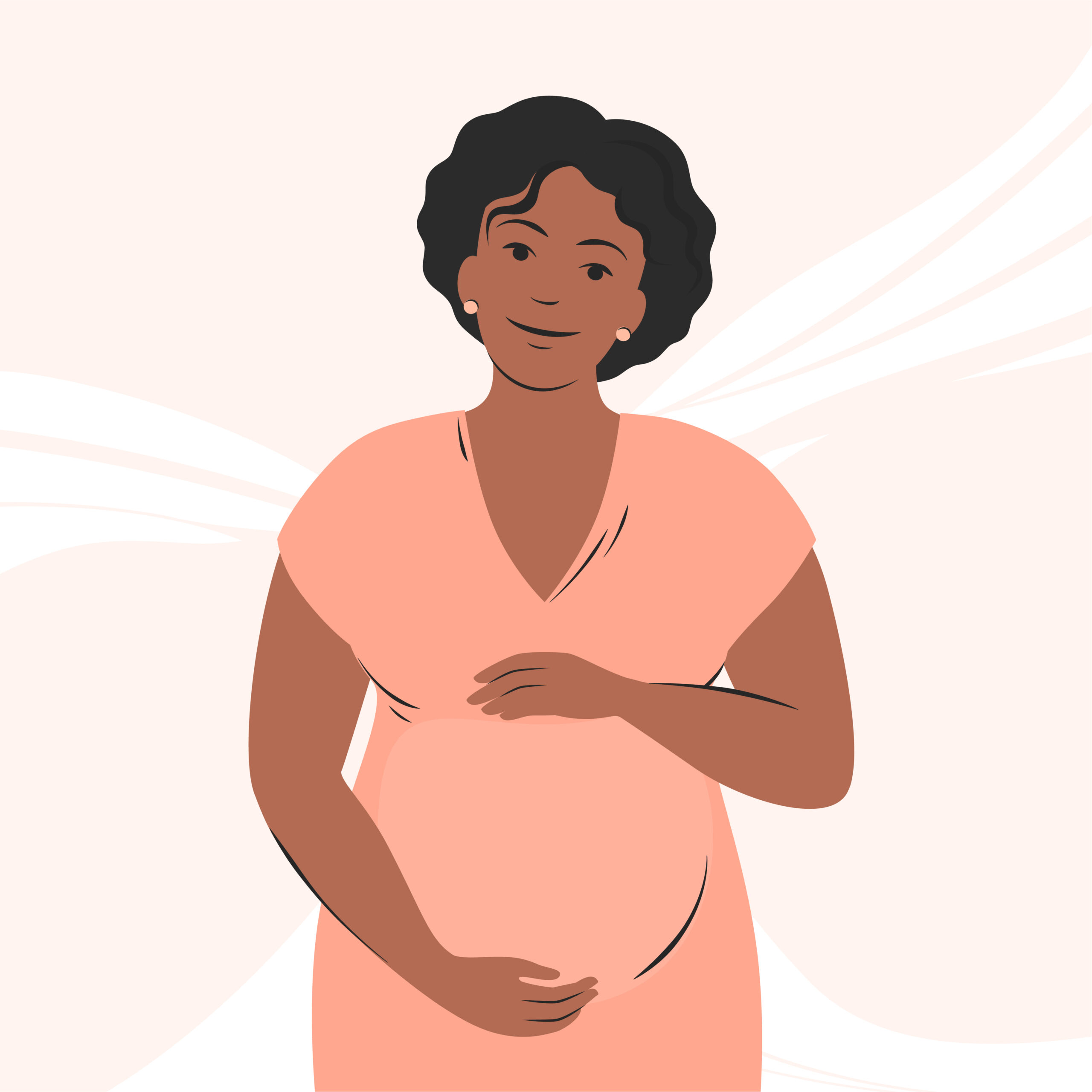The HEALthy Brain and Child Development (HBCD) Study
This study brings together parents, caregivers, health care providers, and researchers to help our children grow to be healthy and happy. Join the HBCD study and help uncover how early life experiences can shape an individual’s future!

Fast Facts

Currently Pregnant

18+ Years Old

Compensation Provided

Conducted in San Diego
Study Background
The HEALthy Brain and Child Development Study is following families from pregnancy through childhood to learn how early life experiences may affect brain development.
The HBCD Study will enroll a large cohort of participating families from across the U.S. and follow them and their children through early childhood. The researchers want to better understand how the brain develops and is affected by exposure to substances and other environmental conditions during pregnancy and after birth.
Participating families will be individuals in the 2nd or 3rd trimester of pregnancy or who have recently given birth and their children. It is important that people who join the study are from diverse backgrounds, with varied income levels, education, and living environments.
All identifying information from or about you will be kept private and confidential, as required by law. Your family’s information and samples will be stored without personally identifiable information, along with that of others in the study.
If you are pregnant, join the thousands of families who are making a difference for the next generation!

Study Background
The HEALthy Brain and Child Development Study is following families from pregnancy through childhood to learn how early life experiences may affect brain development.

The HBCD Study will enroll a large cohort of participating families from across the U.S. and follow them and their children through early childhood. The researchers want to better understand how the brain develops and is affected by exposure to substances and other environmental conditions during pregnancy and after birth.
Participating families will be individuals in the 2nd or 3rd trimester of pregnancy or who have recently given birth and their children. It is important that people who join the study are from diverse backgrounds, with varied income levels, education, and living environments.
All identifying information from or about you will be kept private and confidential, as required by law. Your family’s information and samples will be stored without personally identifiable information, along with that of others in the study.
If you are pregnant, join the thousands of families who are making a difference for the next generation!

Additional Information
The first few years of life are a time of rapid growth and brain development. The HBCD Study will help us better understand how a child may be shaped by experiences and conditions in pregnancy and early life. These include social and environmental experiences in early life and exposure to substances (such as opioids, alcohol, and tobacco) during pregnancy.
You may qualify for a study if you meet the following criteria.
Inclusion Criteria:
- 18+ years old
- Pregnant
- Plan to stay in the San Diego area after birth
- Plan to be one of the primary caregivers for the child after birth
- Speak English or Spanish
This is a longitudinal study where there will be one visit during pregnancy and subsequent visits with you and your child from birth through the first ten years of childhood.
- Pregnancy Visit (Visit 1): Biospecimen collection, questionnaires and a health interview
- Visit 2 (Child between Birth to 1 month): You will receive remote questionnaires to fill out. In office, we take measurements of the child as well as saliva samples and urine/stool samples. The child will have an MRI (non-invasive/No radiation) while sleeping. You will take home sensors to wear that monitor your child’s activity as well.
- Visit 3 (Age 3-9 months): Similar to Visit 2, but with an in office EEG as well as as behavioral assessments.
- Visit 4 (9-15 Months): Similar to Visit 3, with one additional behavioral assessment.
- Visit 5 (1 month after visit 4 (10-17 months)): Remote questionnaires.
- Visit 6 (15-48 months): Similar to visit 4.
- Visit 7 (16-50 months): Remote Questionnaires.
- Visit 7 a-c (16-30 months): Remote questionnaire specifically for child language.
- Visit 8 (36-60 months): Remote questionnaires.
The study will follow children until they are 10 but the development of things post 60 months will be developed in the future. Participants will be reconsented at that time.
Compensation is provided up to $1,750 in the first five years.
There is no cost for you to participate in our research study.

